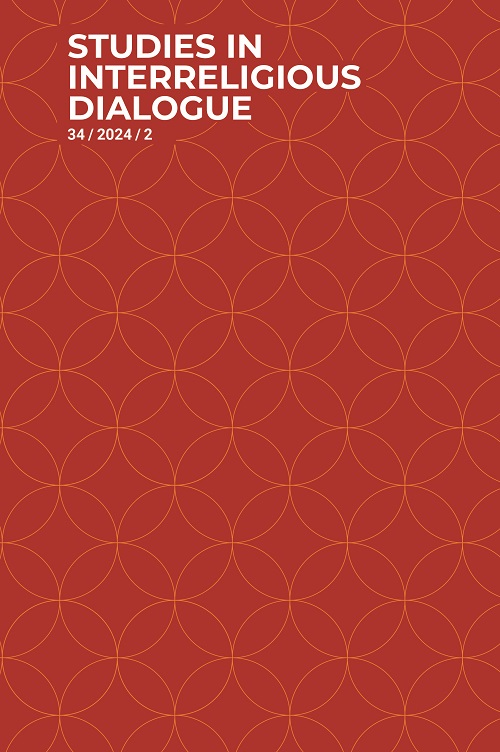 previous article in this issue previous article in this issue | next article in this issue  |

Preview first page |
Document Details : Title: Is Comparative Theology Catholic? Subtitle: Expectations Regarding the Comparativist Author(s): CLOONEY, Francis X. Journal: Studies in Interreligious Dialogue Volume: 24 Issue: 1 Date: 2014 Pages: 18-26 DOI: 10.2143/SID.24.1.3040772 Abstract : Clooney’s lead article makes the case for a comparative theology that is Catholic and, consequently, for a Catholic theology that is deeply interreligious and yet still Catholic. It is fair enough to inquire into the depth of Catholicity undergirding a Catholic comparative theology even if, on the whole, comparative theology ought not to be held to a higher or stricter standard than the rest of Catholic theology. The article’s core argument is that the study of the texts of another religious tradition can and should be undertaken for the sake of Catholic theology, as a genuine form of Catholic theology. The thesis is illumined by four guiding points: discerning God’s presence in the content of non-Christian texts; discerning legitimate analogies across traditions’ boundaries, a discernment which requires theological instincts; moving from an extrinsic to an engaged form of scholarship; judging a Catholic comparative theology, like any other theology, by its fruits. On all four points, progress can be best made by the comparativist who is Catholic and thus too by a theologian genuinely engaged in the study of another religious tradition in the particular. The Catholic theologian who can learn most wisely from another religion is the Catholic who wisely studies the other tradition; and this theologian is a comparative theologian. Conversely, non- or pre-theological reading served up for subsequent theological study by others is unlikely to eventuate in a mature and integral Catholic theology. Separating theology and the study of religions does not serve the cause of theology, even if in the short run it seems to make things neater and safer. In his reply, Winkler, among other things, points to the importance of factors like the theologian’s subjective engagement and the necessity of theology of religions for doing comparative theology. |
 |


